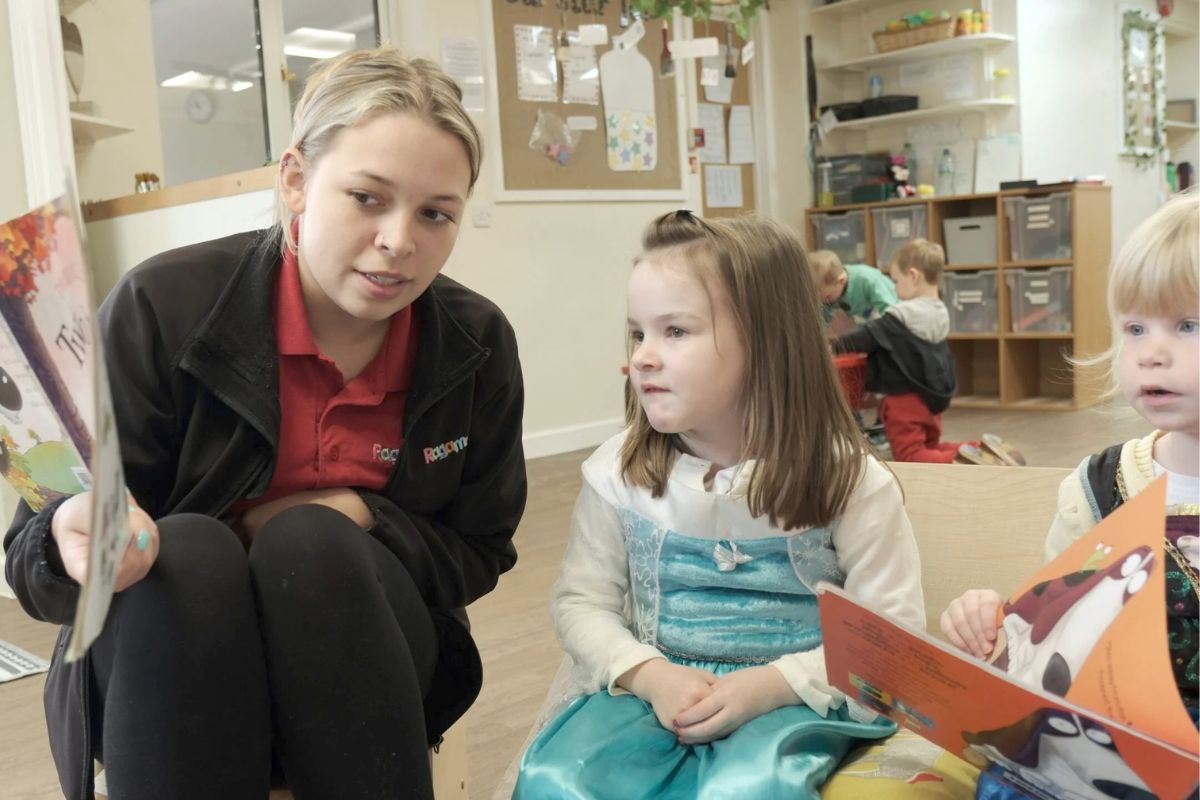London leads the way for SEND student support, study reveals

Recent data reveals special education needs (SEND) children in London have the highest participation rate in the National Tutoring Programme, accounting for nearly a fifth of all special needs students
Government data on the National Tutoring Programme (NTP), revealed London has the highest participation in the programme, accounting for 18% of SEND students, compared with the North East who have less than 6% students enrolled on the programme.
The data collated by specialist recruitment firm Engage Education, revealed the areas in the UK with the lowest and highest participation in the programme for special education needs students (SEN).
The data revealed a total of 65,303 SEND students in London, over 10,000 more than North West, the next highest region.
| Region | Total number of SEND students | Participation rates |
| London | 65,303 | 18% |
| North West | 53,798 | 15% |
| South East | 43,066 | 12% |
| West Midlands | 39,341 | 11% |
| Yorkshire | 38,820 | 10% |
| East Midlands | 28,784 | 8% |
| South West | 27,104 | 7% |
| North East | 19,348 | 5% |
The NTP aims to directly counter some of the effects the pandemic had on disadvantaged children and their learning and development in England. This comes at a time when London’s schools are finding it increasingly difficult to recruit and retain teachers.
It is clear there are disparities in uptake of the programme across the UK with the North East only accounting for 5% of students. These disparities also reflect government data* which revealed London also has the highest number of SEND students receiving an Education, Health and Care (EHC) plan or SEN support. Over 414,000 children in London received support in 2022, rising 29% since 2010. In contrast, less than 140,000 children in the North East received support. With nearly 1.5 million pupils in England having special education needs, and the North East being the region with the highest proportion of disabled people, **more needs to be done to meet these needs across the country.
Recognising the significance of this disparity, Joseph Raffell, Head of Education at specialist recruitment firm, Engage Education, highlights the importance of tutors in supporting SEN students and provides insights into how these students can be better supported:
How can the National tutor programme help SEND students?
“Some students, including those with SEND, require extra help adapting to having a tutor. The NTP recognises the individual needs of each pupil and offers a high level of flexibility and choice. NTP tutors can offer support in a range of subjects and provide targeted support for pupils in small groups or on a one-to-one basis, tailoring their expertise to support their identified needs.
“SEND students often face challenges in keeping pace with their peers. Tutoring can help bridge the academic gap by providing additional support and reinforcement in key subjects. Tutors can offer specialised instruction, focusing on areas where students may require extra assistance or reinforcement.”
Why is it important that SEND students get support?
“Many SEND students struggle with confidence and self-esteem. Tutoring allows students to receive individual attention and guidance, allowing them to work at their own pace without fear of judgement or falling behind. This nurturing environment can significantly boost their confidence and motivation to succeed academically.”
“Similarly, this means tutors can prepare for the needs of each pupil on a personal level, ensuring they are clear on the emotional and mental support students might need alongside the educational needs of the pupils, to enable the students to get the most out of this support. At Engage we have a specialist SEND team, who focus on the needs of the individual. Find out more about the National tutor programme here. “
Data on SEND student participation on the NTP here.











Responses